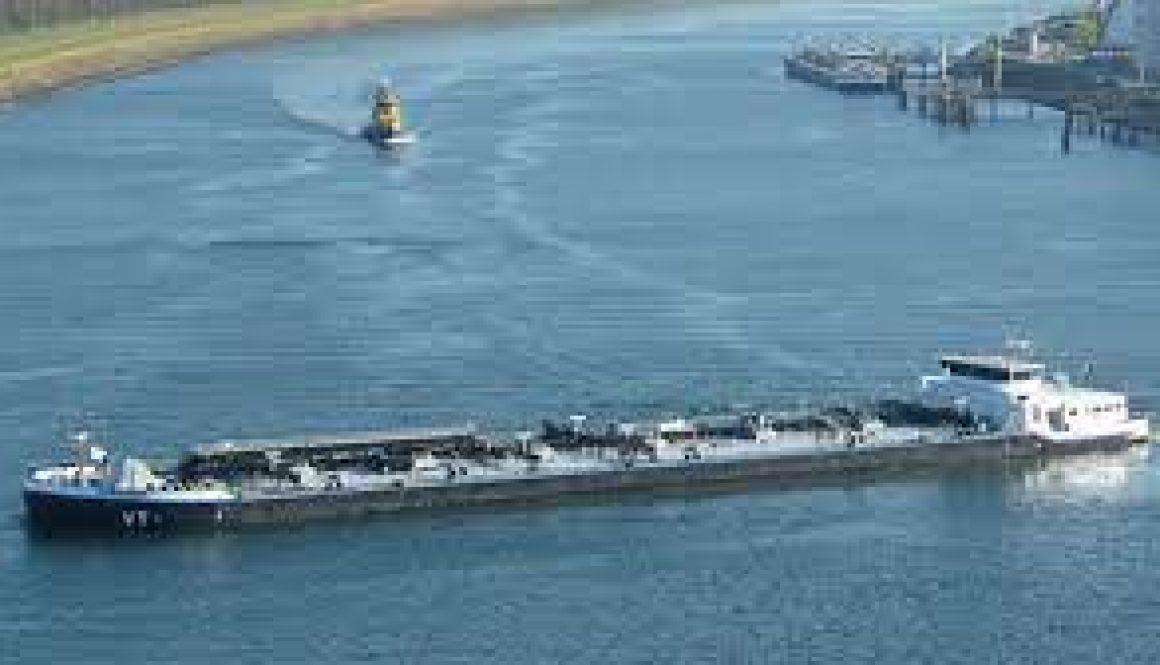Use of Inland waterways will deepen African trade
Mrs Dabney Shall-Holma, Chairperson, Sealink Implementation Committee, says under-utilising Africa’s inland waterways is affecting its ability to deepen trade.
She said in Abuja that deepening trade entails making use of every node, linkage and transportation mode available to ensure goods were moved from one place to the other.
According to her, there is endless opportunities in the area of water transportation for goods that can be opened up to enhance trade in Africa.
She said that Sealink was looking at exploiting the rivers that could be used for shipping cargoes across Africa.
She said that the Nile river which was about 6,650 nautical miles in length flowed down to Ethiopia and sometimes beyond with the Blue and White Nile flowing into it.
“So, these are tributaries that are actually flowing into the Nile. If we open up that as we have already started talking to Zambezi and talking to Tanzania.
“If we open up that and Egypt re-echoes the development, you know what will happen to the entire eastern flank of Africa.
“In West Africa, we have the Congo River that is just below us and the Niger River. Niger River is a very long river, it’s actually only shorter than the Nile River.
“So we are proud we are sitting on the Niger River and we must utilise that opportunity because it is an opportunity that has been with us.
“The British came and used it for well over 100 years. But we have just come and we are looking at the fishes, the tilapia and the croackers that are in the river.
“And we do not know that that can open up a new window, a very fresh window for growth and development. Nothing grows a nation like connectivity and accessibility.”
She also said that a feasibility study was carried out on the coast of Namibia all the way to Senegal in the West and Central African sub-region.
Also, there was the possibility of linking some of the islands that were on the Atlantic Ocean to enhance trade along that region.
She added that it would be more profitable for any shipping link to take in all the cargo that it could take on the Atlantic Ocean.
This, she said prompted the organisation to show interest in Cape Verde in the Northern Atlantic, Sao Tome and Principe and then Equatorial Guinea, in the Gulf of Guinea.
This, she said was done to confirm the veracity of the claims of importers and exporters, that cargoes leaving West Africa was going somewhere else for trans-shipment.
According to the chairperson, this will amount to double or triple costing.
She, however, said that most of the countries along the West and Central African subregion were now very proud to claim that they have better ports and infrastructure.
Shall-Holma added that they had also improved their logistics and their value chains were at nearly 50 per cent to 60 per cent.
Sealink Project is a Public-Private Partnership (PPP) arrangement established to promote the development of a regional maritime company that would remove the bottlenecks and non-tariff measures along the ECOWAS trade corridor.
It was conceived based on the need of importers, exporters and shippers to create a value chain that would sustain the economy of Nigeria and develop additional networks to trade with other African countries.


